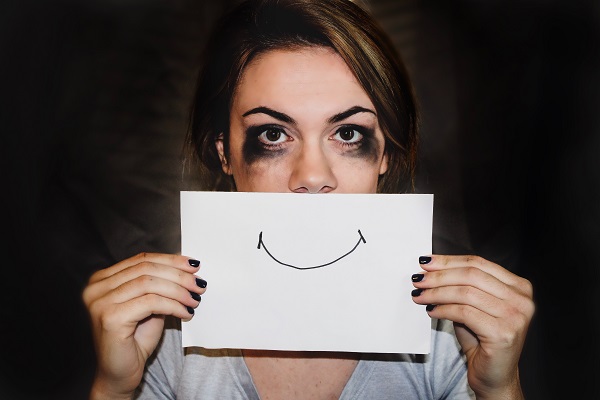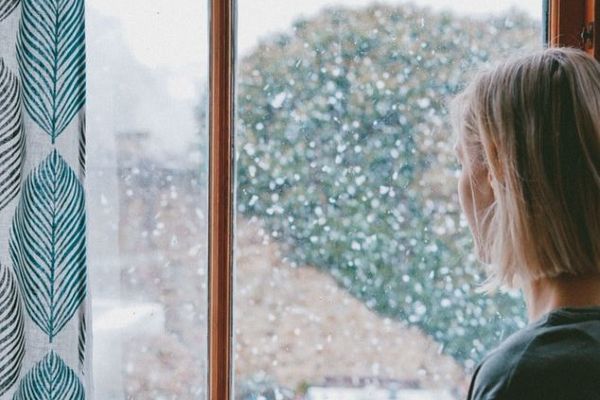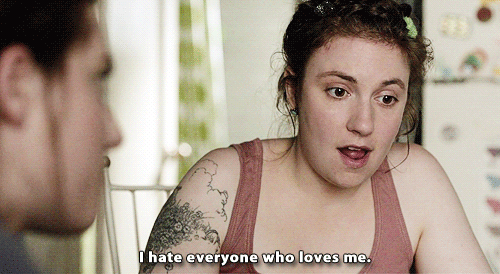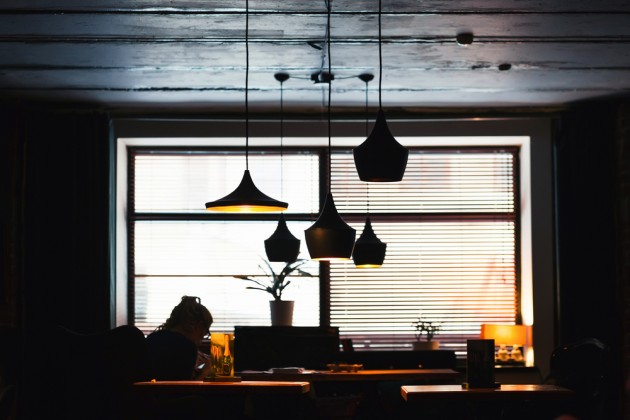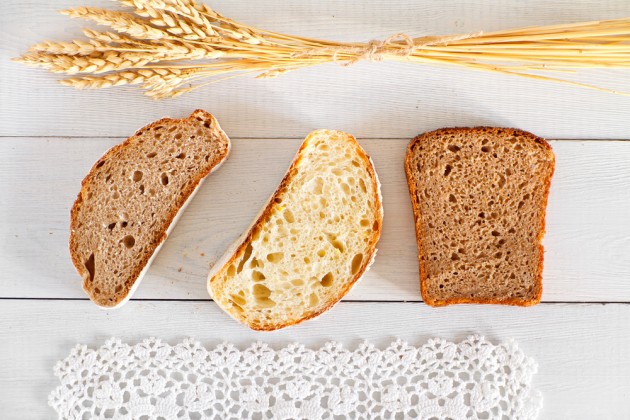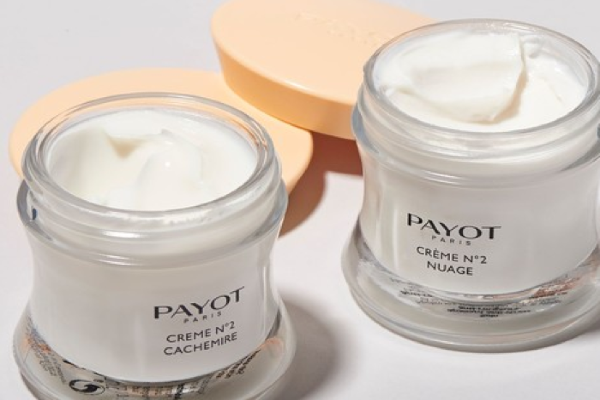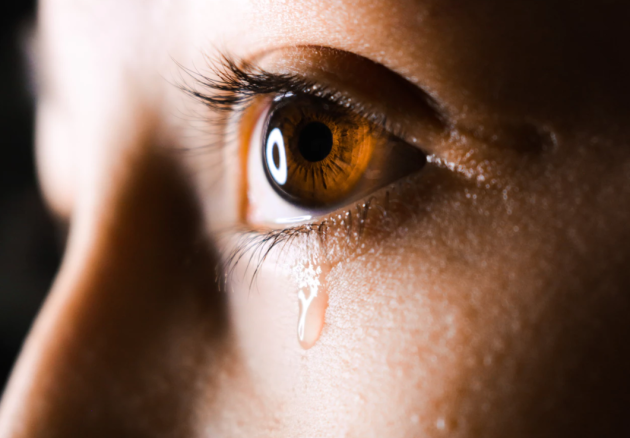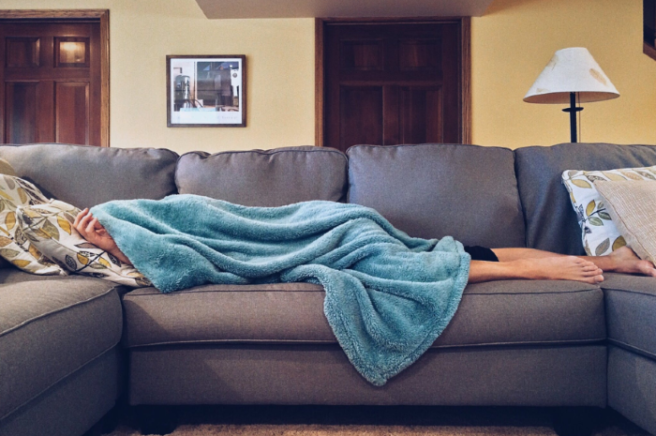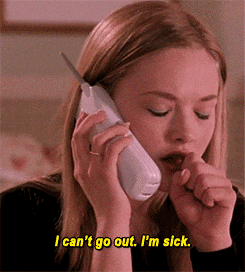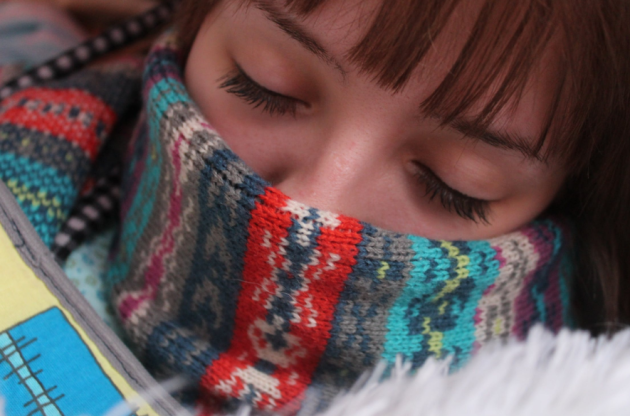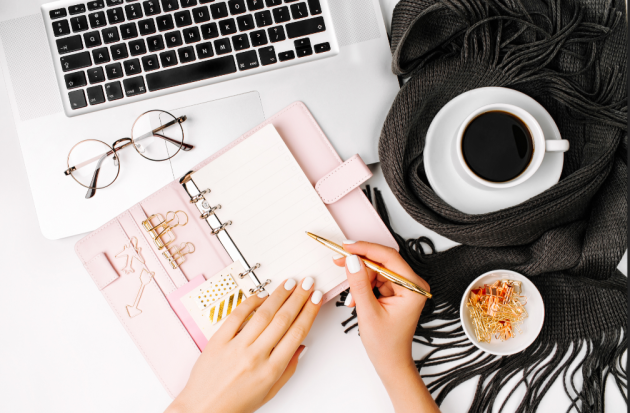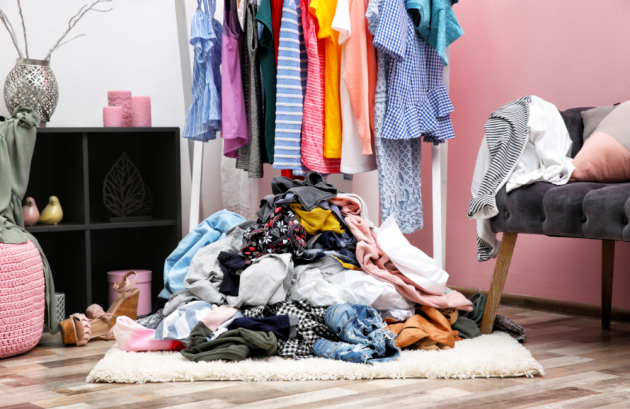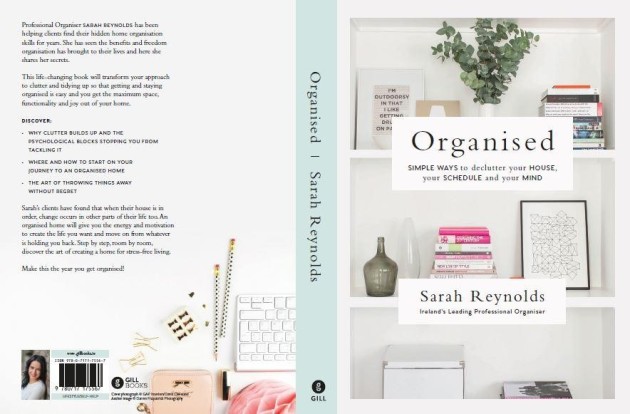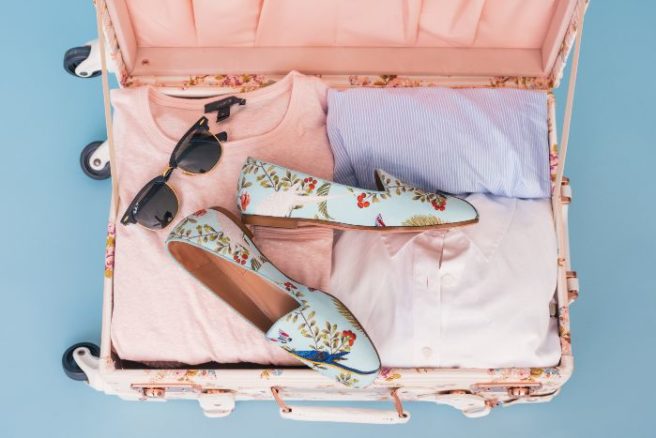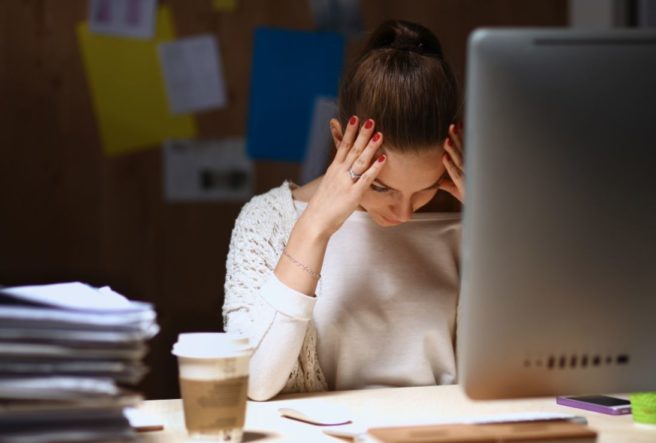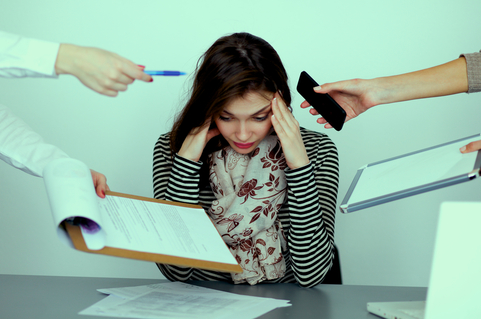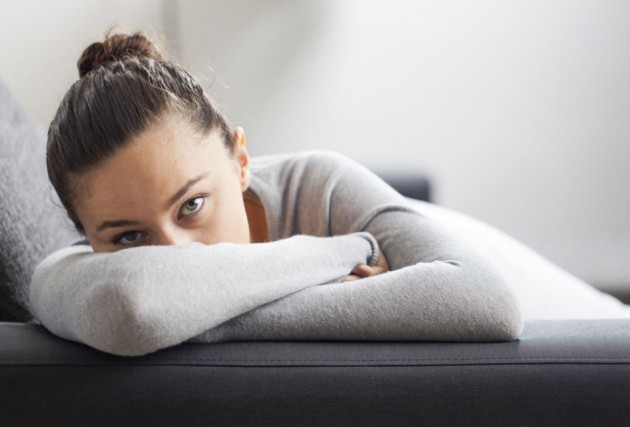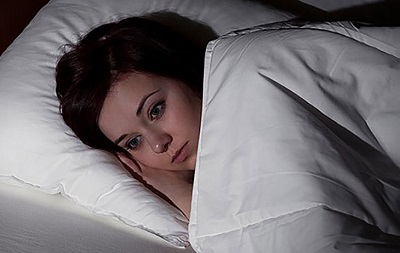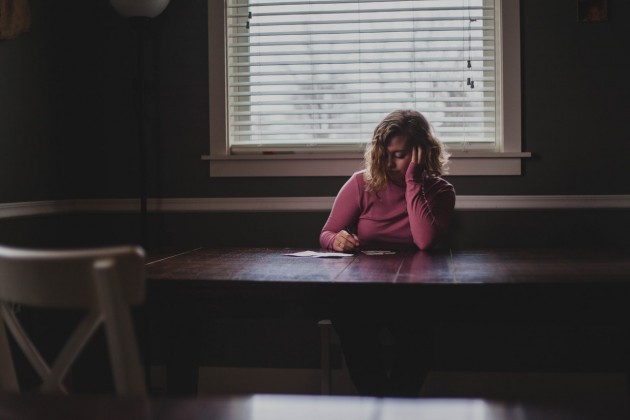Do you have a mountain of dirty laundry sitting on your floor, dishes in the sink, work deadlines all over your diary and feel totally overwhelmed? Join the club.
Let’s face it, organising our lives can be hectic, tedious and downright exhausting. You’re only human, and we all need a little help sometimes.
Introducing Ireland’s first trained Professional Organiser
Sarah Reynolds is an expert in organisation and the owner of Dublin’s first professional de-cluttering and organising business- Organised Chaos.
Organised Chaos was established in 2010 during Sarah’s career sabbatical.
Having always been passionate about organising, she decided to follow this passion and develop her business idea which she had close to her heart for nearly fifteen years.
As the first trained Professional Organiser in Ireland, she experienced the business first hand under the personal guidance of America’s number one Professional Organiser, Julie Morgenstern in New York.
Sarah has been helping home owners and companies reach their full potential through effective organisation by transforming oppressive spaces into functional, productive and stylish places to live and work.
Sarah has some fabulous advice to help you go from feeling overwhelmed to calm and in control by tweaking just a few minor things in your daily routine.
-Make sure you have a great diary that you are up to date at all times, or else keep your lists of chores digitally online so you can’t lose them.
– Analyse all your tasks and pinpoint the ones that stress you out the most.
If you work out a plan to simplify your chores based on the level of importance, you’ll find that getting the worst one out of the way will allow your brain to think.
– By planning your menu for the coming week and doing only one big grocery shop per week, this will spare you so much frustration and uncertainty when you come back from work tired and hungry.
– If you’re working a full-time job, you can bet it will be difficult to find time to clean and tidy your whole house in a single mega-cleaning session.
We recommend tackling it one room or chore at a time, to make it easier on yourself.
-Have everything you need for the next day packed before you go to bed, to ensure you're not totally stressed in the morning rush. This way, you won't forget anything important for work.
-Let’s face it, most of us spend silly amounts of time stuck in our cars on commutes to work or running errands.
Keep extra supplies in the car, like spare outfits for after those sweaty gym sessions or extra grocery bags, we guarantee you'll be glad you did it.
-Minimise distractions as much as possible. Turn off your phone, clear your head and focus on the task directly at hand without texts or noises pulling you away.
-Dirt and dust collects in cluttered places, and you can’t hoover over strewn clothes everywhere.
We all have ‘The Chair’ in our bedrooms that we throw every single item of clothing over after a long day, but its time for the chair to only be used for sitting.
-Throw out any clothes that you haven’t worn in over a year. If it’s been that long, the chances are that you won’t be wearing them anytime soon! Make more space in your closet, and donate anything you don’t need to charity shops.
-Prioritise your happiness and learn to say no.
Make time for yourself, practice mindfulness, yoga or meditation to add some much needed relaxation, or else keep some days free per month for date night.
-Make room in your life for your friends, and don’t forget to have some fun.
Nights out with your girlfriends are a rare luxury for busy mums, but everyone needs some friendship to ease the burdens of everyday life.
Arrange a shopping trip, cocktail evening or even just a coffee, and we promise you’ll feel rejuvenated. Sometimes you just need a good mate to vent to.
You can’t declutter your house, schedule or your mind without focusing on you.
Remember, if you can’t organise yourself, how can you expect to organise everyone else? Consistency is key, and balance is the goal.
Check out Sarah’s new book ‘Organised – Simple Tips to Declutter your House, your Schedule and your Mind’ for advice on how organisation can improve our home and family life, workplace productivity, time management and overall wellbeing.
Sarah has regular television and radio appearances, as well as contributing to renowned publications such as Image, The Irish Times, The Irish Independent and the Irish Tatler among others.
To contact her for speaking engagements, send her an email, and make sure to have a look at her website and blog here for some great tips


